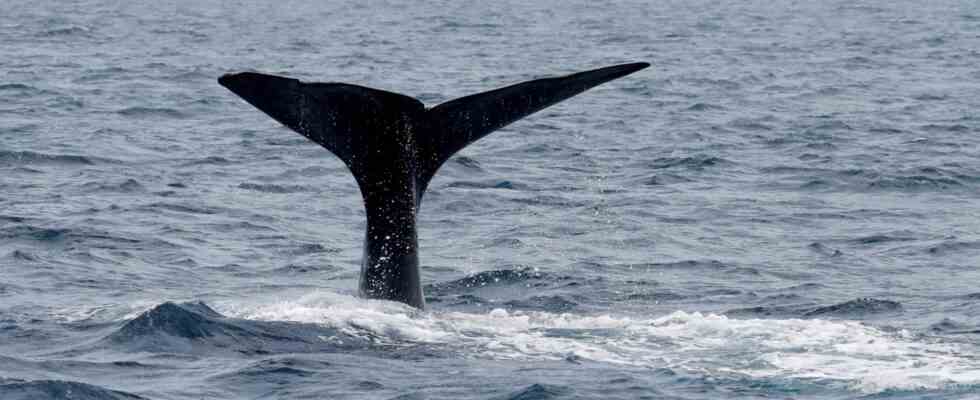Status: 05.03.2023 7:38 a.m
The member states of the UN have agreed on an agreement to protect the high seas. The countries had previously negotiated with each other for years. One conflict revolved around the question of how protected areas should be defined.
After 15 years of tough negotiations at the United Nations for an international agreement to protect the world’s oceans, a breakthrough has been achieved. “The ship has reached shore,” said conference chair Rena Lee, to applause from delegates who had been negotiating for nearly 40 hours straight.
The main aim of the negotiations in New York was for at least 30 percent of the world’s oceans to be designated as protected areas in the future. In addition, a procedure was established to check economic projects, expeditions and other activities in the seas for their environmental compatibility. The agreement is also intended to place biological diversity on the high seas under internationally binding protection. Two thirds of the oceans belong to the high seas and are therefore largely unlawful.
Resumption of negotiations ruled out
The agreement now has to be reviewed by lawyers and translated into the six official languages of the United Nations – before it can be formally adopted. Lee ruled out a resumption of negotiations or substantive discussions. However, the treaty still has to be ratified by the member states.
Immediately before the breakthrough in New York, there was an agreement at another ocean conference in Panama: the participants pledged almost 20 billion US dollars (18.8 billion euros) for the protection of the seas. The US government alone promised almost six billion dollars for 77 projects.
Definition of protected areas controversial
Most recently, the complicated negotiations at the fifth conference between the UN member states dealt with the question of how to determine which parts of the high seas are to be defined as protected areas in future. According to diplomats, China and Russia in particular insisted that this must be done unanimously – then a single country could have blocked every decision.
This has now apparently been circumvented: On Sunday night, diplomatic circles reported that the protected areas should already be able to be determined with a three-quarters majority of the member states.
Compromise for profit through research
Another key conflict revolved around potentially profitable research findings that nobody knows whether they will ever become reality: Scientists hope that the discovery of previously unknown creatures in the deep sea, which has hardly been explored, and their genome will lead to breakthroughs in medicine, for example. If fundamental progress is actually made, there would probably be great profit to be made from it.
On this question, the countries of the so-called Global South wrestled primarily with the leading industrialized countries in the North. Since the largest economies are also likely to receive most of the expected returns, a mechanism for compensatory payments to poorer countries has been established. According to information from the dpa news agency, the compromise that has been reached provides for annual lump sum payments by the industrialized countries.
With information from Peter Mücke, ARD Studio New York
UN member states agree on agreements to protect the high seas
Peter Mücke, ARD New York, March 5, 2023 7:12 a.m

